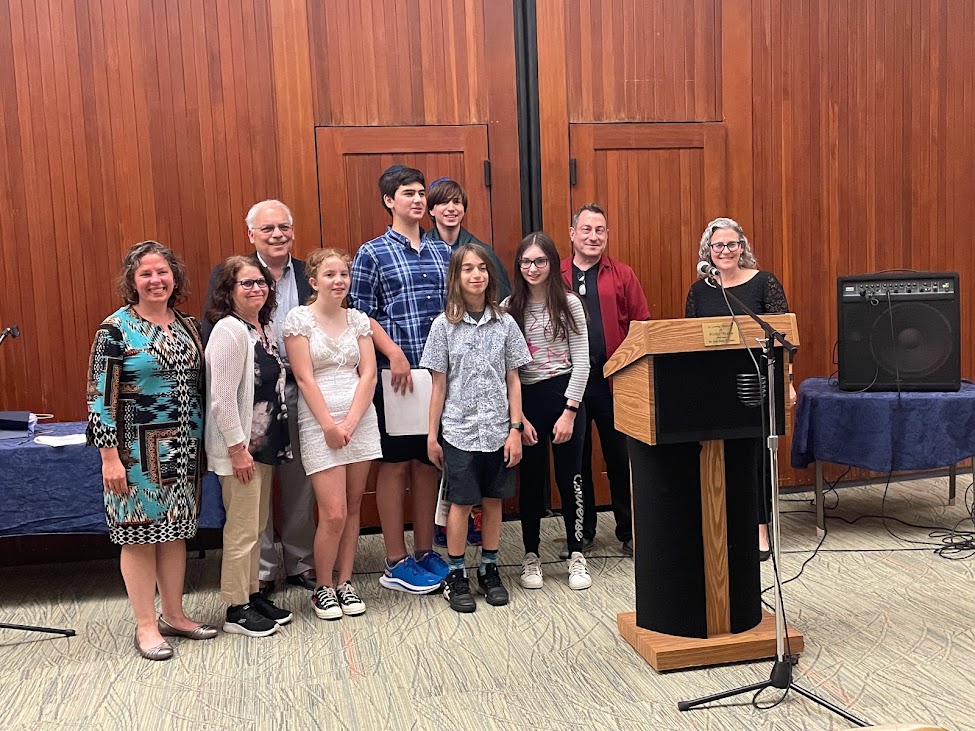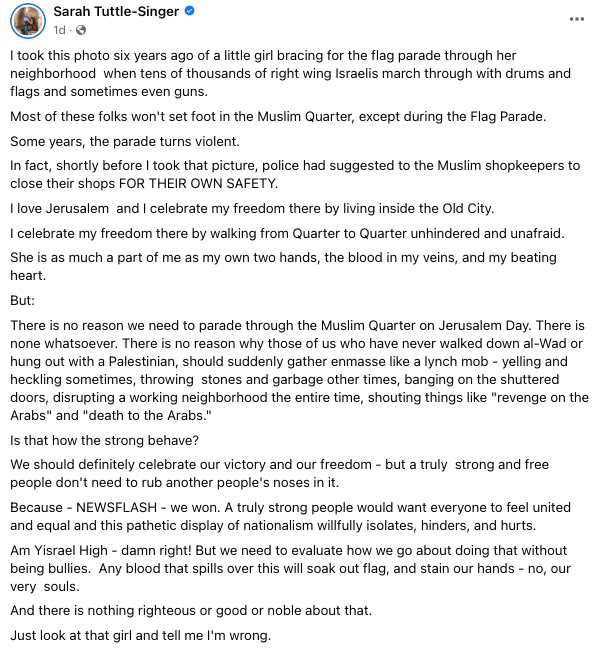Ever notice how dumb we've all become -- and how proud we are of it? Maybe it began with that famous internal memo of President Clinton's '92 campaign staff, "It's the economy, stupid," or maybe it's just that we've hit the point of overload in absorption of new technologies. Just as we figured out the microwave, along came the VCR; then the computer invaded the household; then we discovered that the rest of the world was having a great time in a strange place known as "on line." With each innovation, we know that we must conquer our techno-phobias or risk becoming social dinosaurs.
But at least we have company. Bookstore shelves are now filled with titles like "DOS for Dummies," "Finances for Dummies," even "Sex for Dummies," (and I thought some things still came instinctively). In the same spirit, I'm holding a seminar in my synagogue entitled, "Davening for Dummies." We the utterly incompetent have come gliding out of the closet, now liberated to admit our inadequacies, and it is comforting to know that everyone feels the same way.
The rest of the world is just now catching up to the Jewish people, because we have declared our ineptitude for centuries. Moses felt entirely unworthy of his weighty responsibilities, as, it seems, has every Jewish leader since him, at least until Bibi Netanyahu. Anyone who has ever set foot in a synagogue on Shabbat morning has, at some point in his life, sat next to Joe the Super-Davener and felt like a complete idiot. We're very good at encouraging self-inflicted degradation, only we are taught to call it humility.
This attitude prevails in my profession. Even the greatest of my seminary professors used to shrink at the mere mention of a sage of the previous generation; my classmates and I were expected to abase ourselves in a similar manner, at least in public. But one does not have to proclaim unworthiness in order to honor one's teachers; the Torah instructs us to rise before our elders, not to lie prostrate in their presence.
Rabbis dutifully pass down this insecurity to our own students. The little secret that our congregants don't know is that, while they are standing in front of us terrified that we heard them mispronounce "Yitgadal," we're shaking in our boots at the prospect of blowing the Bar Mitzvah boy's middle name or misquoting a talmudic aphorism and having our professors yell at us in our dreams.
It's not just about people: even our greatest city has an inferiority complex. With all the fuss about Jerusalem this year, we still pray for the restoration of its former glory, as if all of Teddy Kollek's efforts were mere window dressing. Even the grand Jerusalem of Temple times, which our sages claimed possessed nine tenths of the world's beauty, wasn't good enough. In rabbinic literature the earthly Jerusalem has a celestial counterpart, and it is the heavenly Jerusalem that God will inhabit first.
For us, this problem stems in part from the pervasive feeling that our parents were "more Jewish" than us, simply for their having lived one generation closer to the cultural milieu of the idealized "old country." But it is also traceable to that messianic itch that has denied Jews the chance ever to be totally satisfied with things as they are. Some would call this in-bred perfectionism healthy, better for the world if not for our own mental well-being. That itch has propelled us to great accomplishments (often to spite our demanding parents and teachers, rather than to please them), but it is also at the root of our alienation and an impetus for assimilation.
"Avinu Malkenu, remember that we are but dust," is the mantra we'll repeat so often during the upcoming High Holidays, that most ego-deflating of seasons. But we forget that the Torah instructs us not merely to love our neighbor, but to love ourselves as well. We neglect the other side of the equation: we're lowly, but for our sake the world was created.
Ironically, although we come out of the High Holidays thinking that Judaism is all gloom and doom, most of us actually feel very good about ourselves at the services, because those prayers are so familiar to us. It's the one time each year when everyone can be Joe the Super-Davener, with added relish, since the original Shabbat-variety Joe, now vastly outnumbered and self-conscious, shuckles (sways) timidly in his corner. If only we could feel so at home at services the other days of the year.
Which brings me back to "Davening for Dummies." Inadequacy loves company, and the Microsoft age has presented us with a "window" of opportunity. Yes, we're dummies, but so is everyone else, so we don't have to feel so bad about it. The key to stemming the tide of assimilation is not to dilute Judaism or reduce the level of Hebrew at our services, but rather to pump up self-esteem by diminishing the stigma associated with Jewish illiteracy. People grapple with foreign subject matter all the time, at museums or at the opera, and they come out inspired, humbled perhaps, but hungry for more. We've got to make sure that they come out of shul feeling equally uplifted, in spite of the gaps in their knowledge, else they spend the next Shabbat searching for God back at Lincoln Center.
A practical suggestion: I recommend that every rabbi intentionally blow it at some very visible time -- how about Rosh Hashanah -- and then admit the mistake, proudly. Not only will the experience emancipate the leader from his own fear of failure, it will make the congregation feel a hundred times better about itself -- and probably lead to an increase in service attendance and a contract extension. People struggle with machines all day; it's refreshing when they see a real human being on the pulpit.
As for the rest of us, when we look at Joe the Super-Davener sitting next to us, measure him not by the intensity of his shuckling, but rather by a more sophisticated tool, the mensch-o-meter. Does he help us find the page and not make us feel dumb in the process? Does he even say hello? When we forget to stand for Kedusha and he gives us that stare, remember that there's a good reason why he's shaking so much.
Let's just feel good about being Jewish. Let's wake up each morning, look in the mirror and say, "I can pray the way I want. I love my neighbor and I love myself. Gosh darn it, I'm a good Jew." | 
































